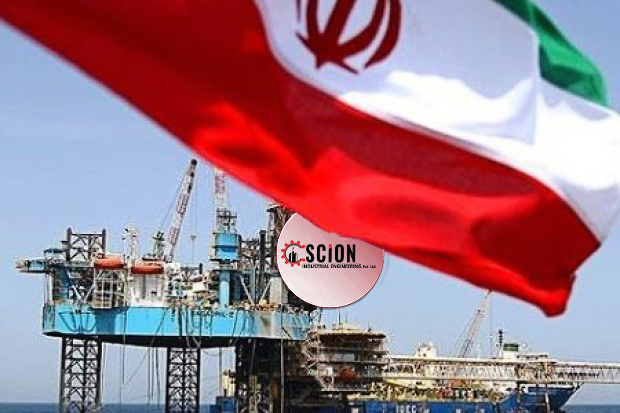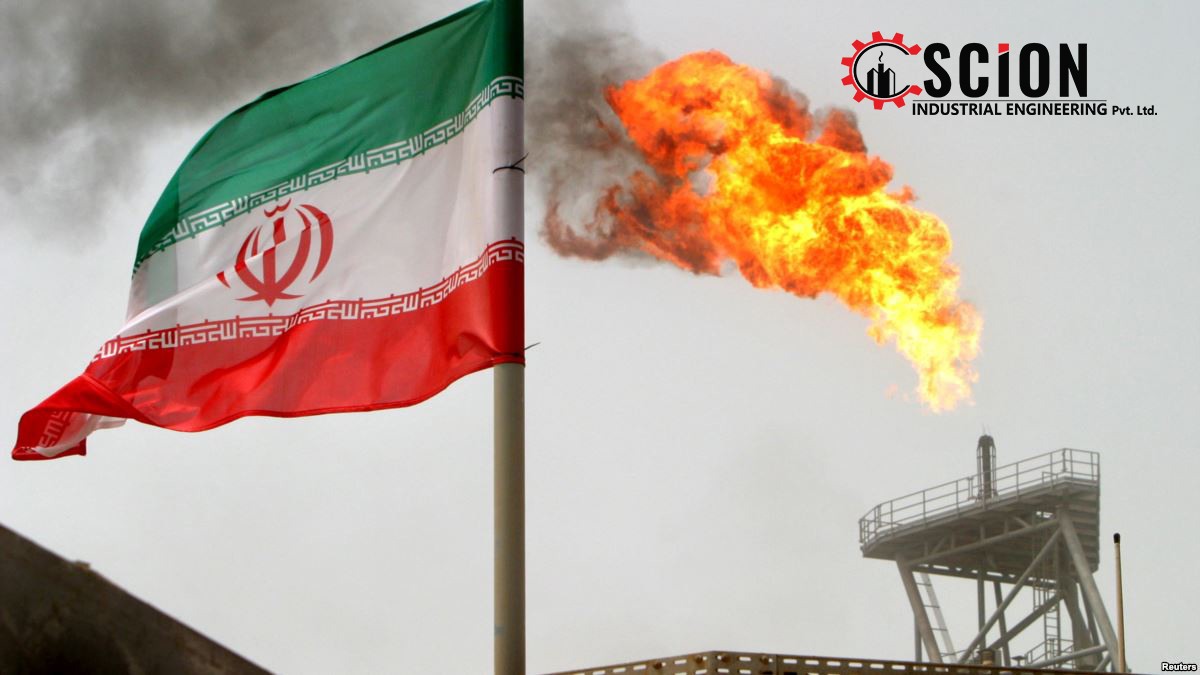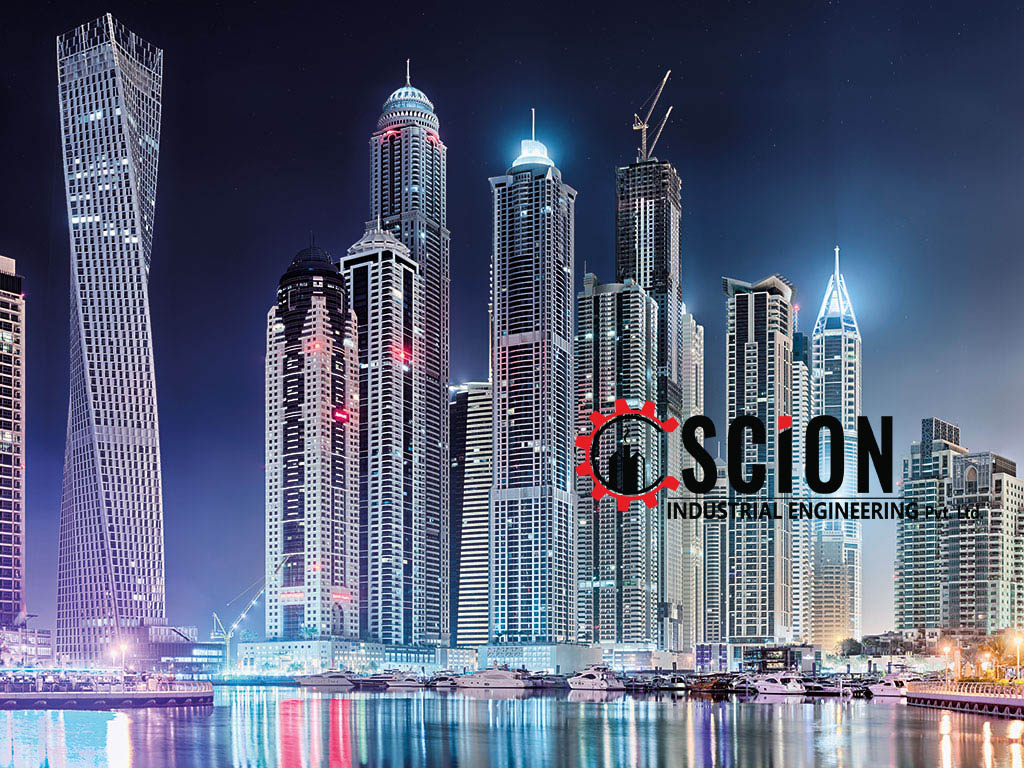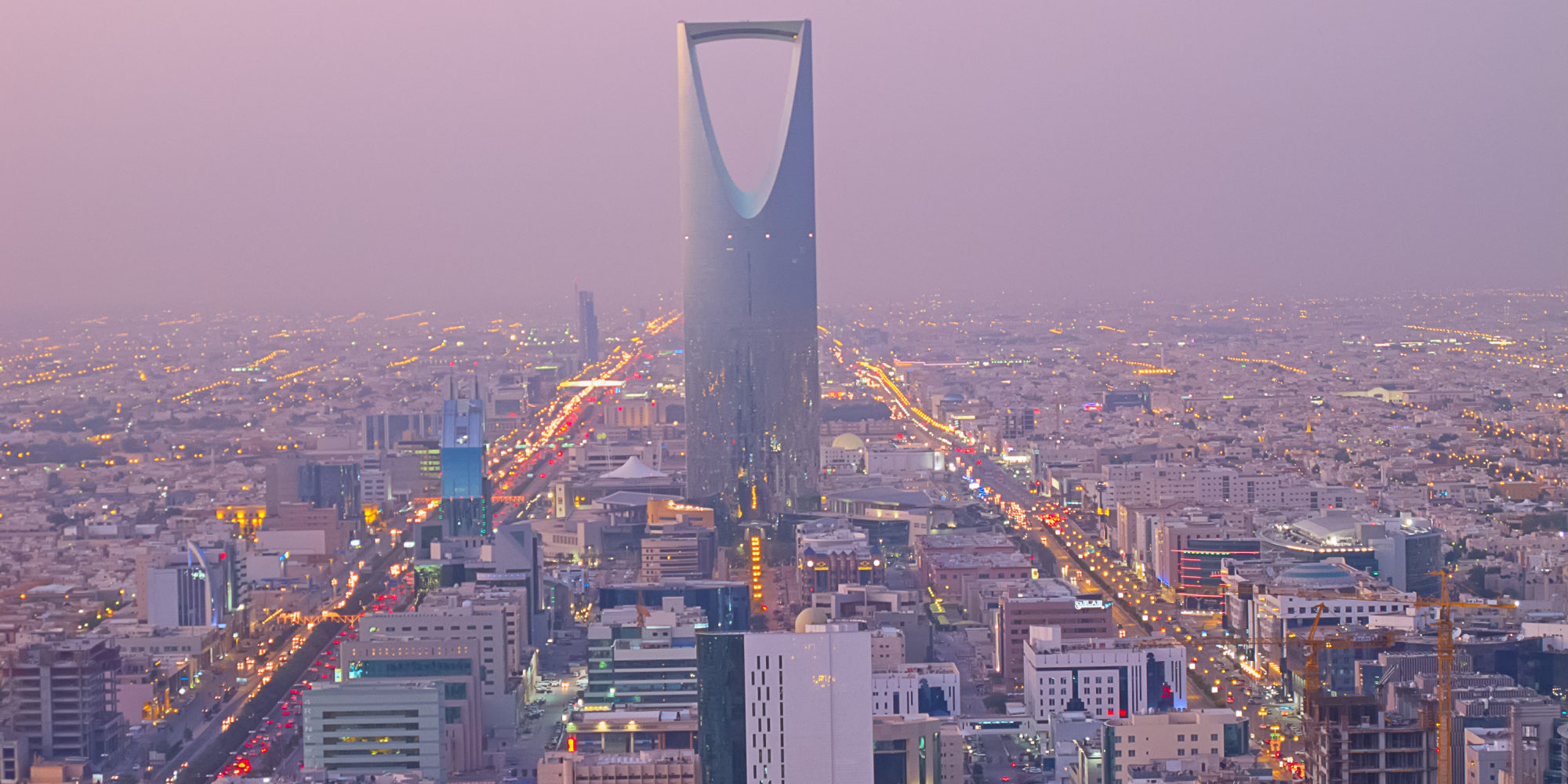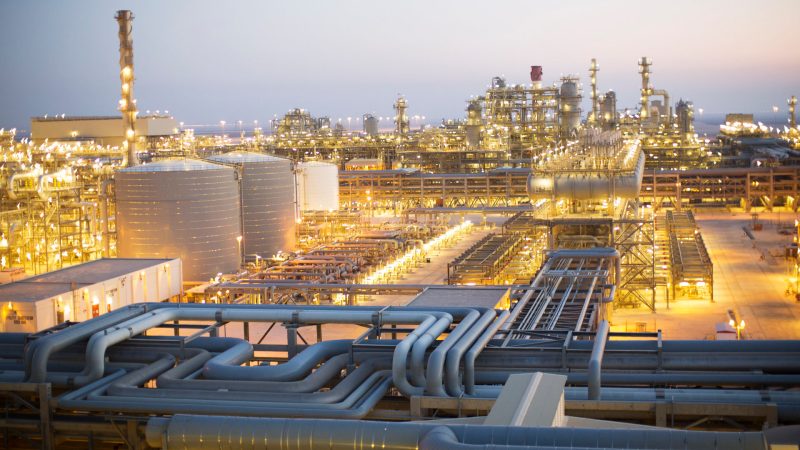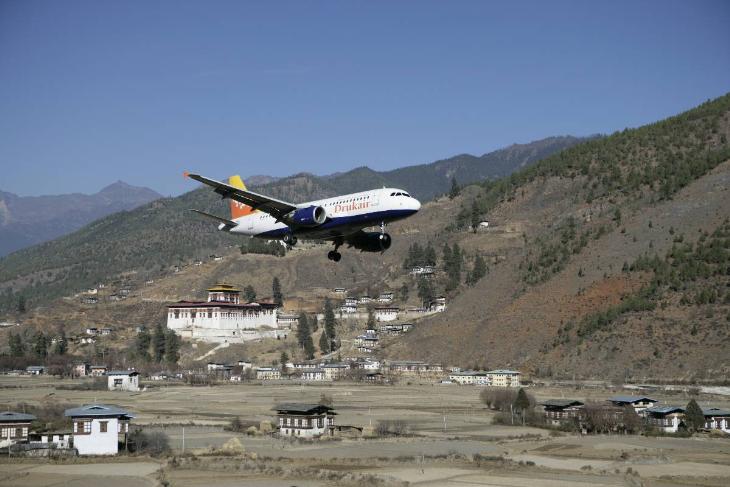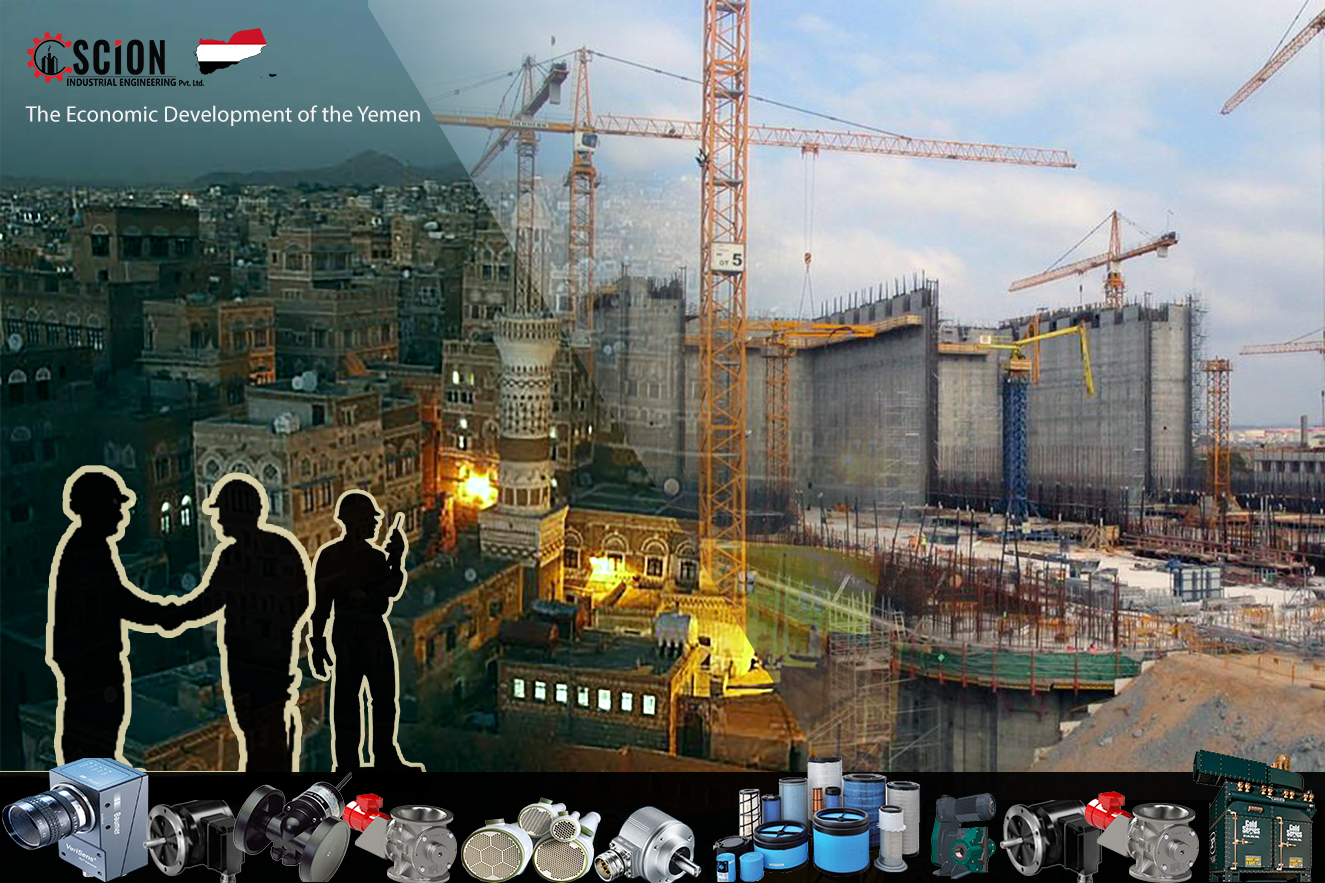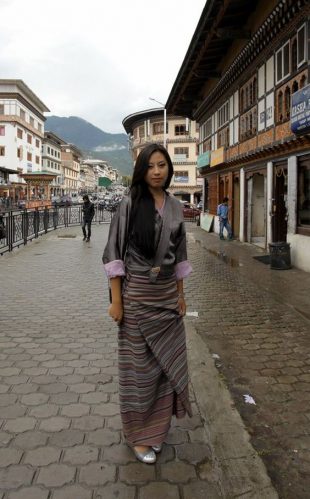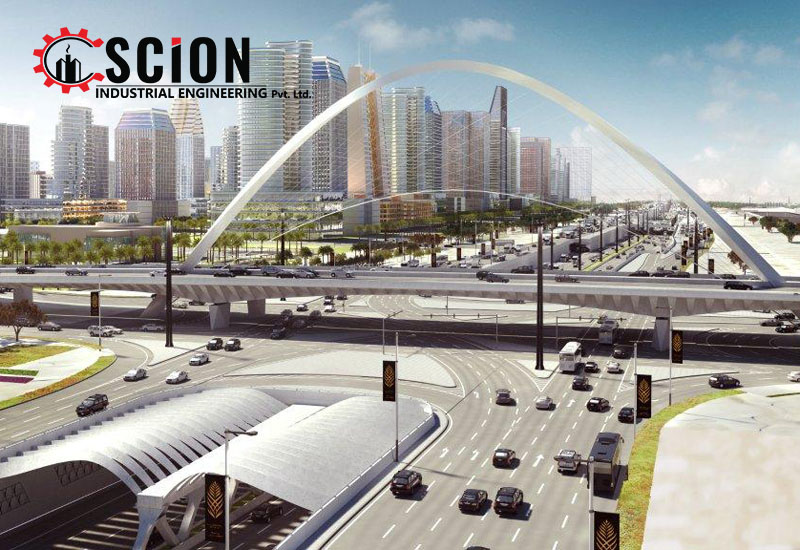It is essential that Iran fully implements its nuclear-related commitments under the Joint Comprehensive Plan of Action (JCPOA), IAEA Director General Yukiya Amano told the Agency’s Board of Governors on Monday.
Mr Amano noted the announcement by Iran’s Supreme National Security Council on 8 May that it had “issued an order to stop some of Iran’s measures” under the JCPOA.
“I am worried about increasing tensions over the Iranian nuclear issue,” he said. “As I have constantly emphasised, the nuclear-related commitments entered into by Iran under the JCPOA represent a significant gain for nuclear verification. I therefore hope that ways can be found to reduce current tensions through dialogue. It is essential that Iran fully implements its nuclear-related commitments under the JCPOA.”
Since January 2016, the IAEA has been verifying and monitoring Iran’s implementation of its nuclear-related commitments under the JCPOA.
“The Agency continues to verify the non-diversion of nuclear material declared by Iran under its Safeguards Agreement. Evaluations regarding the absence of undeclared nuclear material and activities in Iran continue,” Mr Amano told the 35-member Board, which is holding its regular, quarterly session this week.
Technical cooperation
Mr Amano informed the Board about the Agency’s continued efforts to build and strengthen partnerships and to increase the visibility of the IAEA technical cooperation programme.
“We highlighted the contributions of nuclear science and technology to the Sustainable Development Goals at two important events – the United Nations High-level Political Forum on Sustainable Development, and the International Conference on Public–Private Partnerships for the Implementation of the 2030 Agenda for Sustainable Development,” he said.
Mr Amano reported on his recent visit to Cuba to attend the 35th anniversary of ARCAL, the Regional Cooperation Agreement for the Promotion of Nuclear Science and Technology in Latin America and the Caribbean. “Working closely with the Agency, ARCAL has become an excellent example of south-south cooperation, with more advanced users of nuclear technology sharing their expertise with their neighbours.”
Mr Amano reminded the Board of the importance of maintaining Member States’ contributions to the technical cooperation programme at “a level that ensures the Agency can meet the growing demands for our services.”
Noting that cancer remains a key focus of the IAEA’s work, Mr Amano provided an overview of the Agency’s work in this area. Support to many developing countries has included establishing and strengthening radiotherapy and nuclear medicine services and training specialists, including radiation oncologists and medical physicists, he said.
Cancer will be the subject of the 2019 IAEA Scientific Forum in September.
Nuclear applications
Mr Amano informed the Board about the recent inauguration of a new linear accelerator facility at the IAEA’s Dosimetry Laboratory in Seibersdorf, Austria, which has equipped the Agency to provide expanded dosimetry services and training to Member States. Read this article for more details on the opening of the facility.
Updating the Board on the IAEA’s efforts to modernize its nuclear applications laboratories, he said: “I am grateful that Member States made available the 3.75 million Euros that we requested to equip and bring the two new laboratory facilities into full operation. Work is on track for all new facilities to come into operation over the next 10 months.”
Mr Amano said that VETLAB, the Veterinary Laboratory Network established by the IAEA in collaboration with the Food and Agriculture Organization of the United Nations (FAO), is working to help Mozambique to prepare for a possible outbreak of animal or zoonotic diseases after the country was hit by two major tropical cyclones this year, in which more than 300,000 farm animals were killed and another six million were put at risk.
Nuclear safety and security
Mr Amano said preparations were underway for the next IAEA Ministerial Conference on nuclear security in 2020. “I hope that the Ministerial Conference will consolidate the achievements of the Agency in nuclear security in the past decade and help to shape our approach in the coming years.”
Nuclear energy
Turning to nuclear energy, Mr Amano informed the Board that next month the IAEA will launch a new initiative to assess the status of current and planned decommissioning projects throughout the world. “The aim is to identify possible cooperation opportunities among Member States,” he said.
The IAEA International Conference on Climate Change and the role of Nuclear Power in October this year will highlight “the many ways in which nuclear technology can offer proven solutions to some of today’s most pressing climate-related challenges,” the Director General added.
Nuclear verification
Mr Amano informed the Board that, using open source information and satellite imagery, the IAEA continues to monitor the nuclear programme of North Korea, also known as the Democratic People’s Republic of Korea (DPRK). “We remain ready to play an essential role in verifying the DPRK’s nuclear programme if a political agreement is reached among countries concerned.”
Mr Amano called upon North Korea “to comply fully with its obligations under Security Council resolutions, to cooperate promptly with the Agency, and to resolve all outstanding issues, including those that have arisen during the absence of Agency inspectors from the country.”
Source:http://www.iran-bn.com/2019/06/11/iaea-important-for-iran-to-implement-jcpoa/

